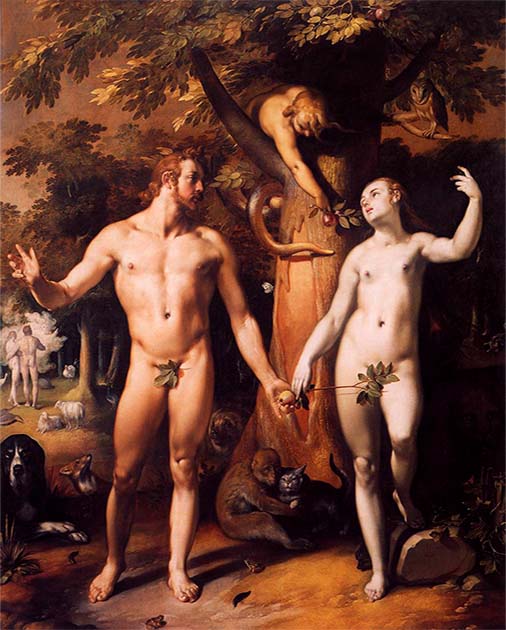In the annals of mythology lies a story obscured by time, a narrative that predates Eve and challenges the conventional wisdom of the biblical tale. This is the enigmatic saga of Lilith, the first wife of Adam, whose existence has been relegated to the shadows. As we delve into the obscure corridors of ancient lore, we unearth Lilith’s identity as a Dark Goddess, an embodiment of ancient malevolence, and a catalyst for the emergence of matriarchal principles.
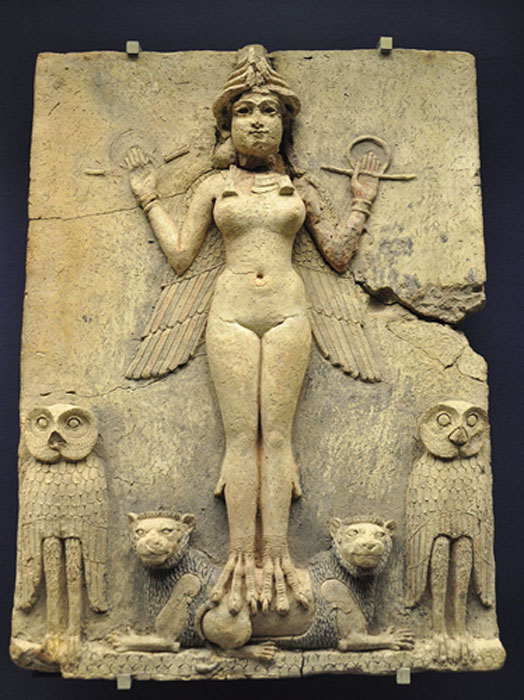
The Forgotten Consort: Lilith Before Eve
Long before Eve, Lilith shared the Garden of Eden with Adam. Unlike her successor, Lilith was formed from the same soil as Adam, signifying equality that would later be erased from history. Her independence and refusal to submit led to her expulsion from Eden, a story that has been overshadowed by the narrative of Eve’s creation.
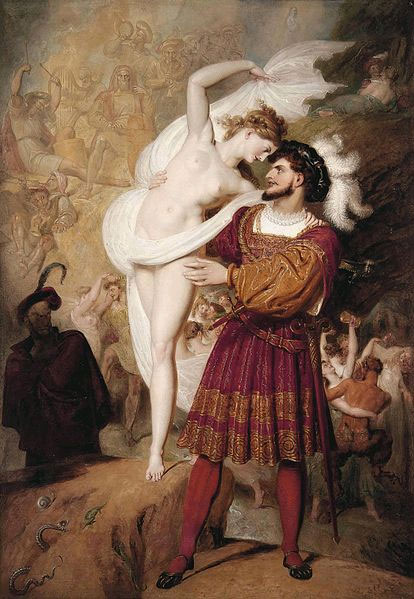
Lilith as the Dark Goddess
In various cultures, Lilith has been revered as a dark deity, embodying both sensuality and malevolence. Some depict her as a seductress, while others emphasize her role as a harbinger of doom. Unraveling the layers of Lilith’s character reveals a complex figure, challenging societal norms and defying the subservient role assigned to women.
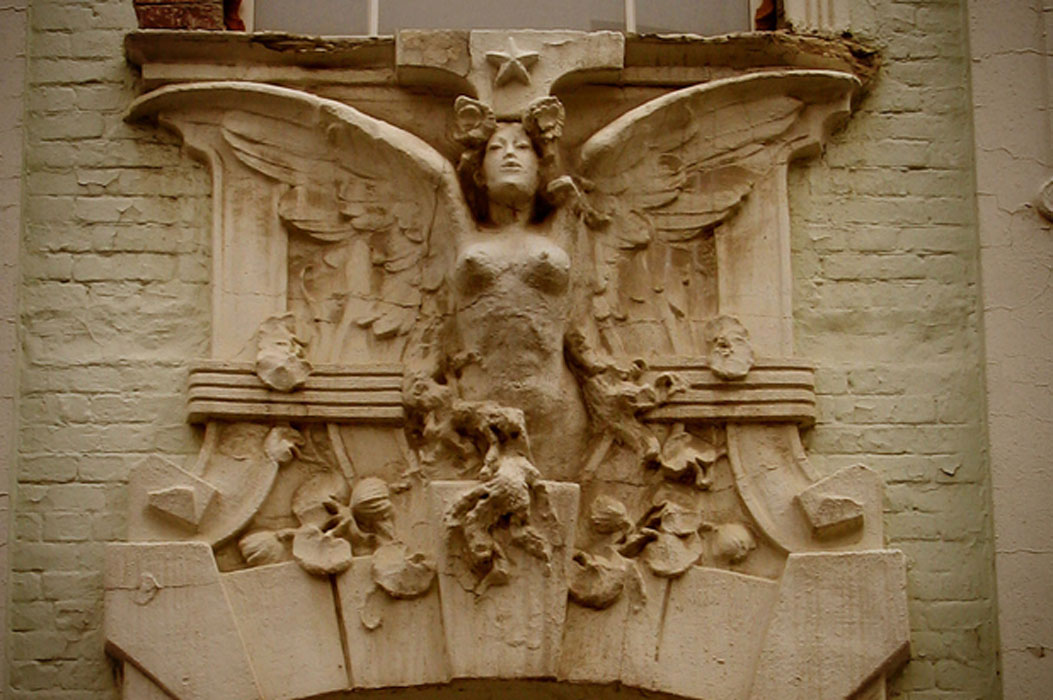
Ancient Evil Incarnate
As a symbol of ancient evil, Lilith transcends religious and cultural boundaries. Her defiance, coupled with her association with demons and dark forces, establishes her as a formidable entity. The tale of Lilith resonates through the ages as a cautionary story, a manifestation of the fear of feminine autonomy.
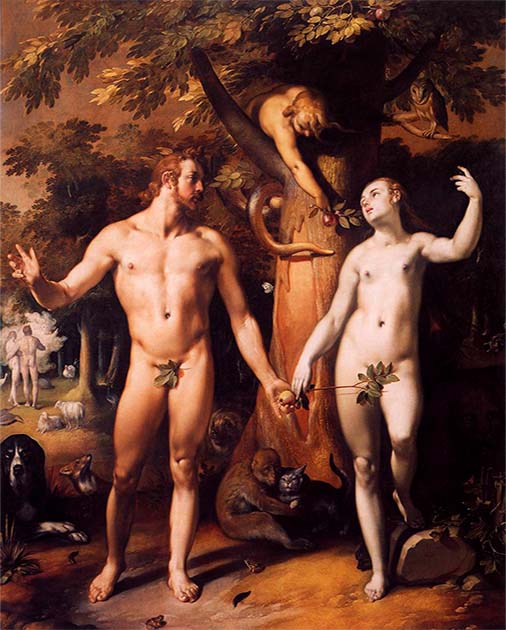
Paving the Way for Matriarchy
Lilith’s story is not merely one of exile and darkness; it is also a precursor to the rise of matriarchy. Her rejection of subservience and her quest for equality laid the foundation for movements advocating women’s rights and empowerment. Lilith becomes a symbol of resistance against oppressive structures and an inspiration for those seeking gender equality.
Lilith in Contemporary Discourse
In modern times, Lilith has experienced a revival in feminist and mystical circles. Her story is reclaimed as a narrative of empowerment, challenging traditional gender roles. Lilith becomes a muse for artists, writers, and thinkers exploring the complexities of feminine identity and the quest for autonomy.
As we unveil the untold saga of Lilith, we recognize her as more than a mythical figure. Lilith becomes a metaphor for resilience, rebellion, and the enduring spirit of those who refuse to be confined by societal expectations. Her story challenges us to reconsider established narratives and invites us to embrace a more inclusive understanding of the role of women in history.
In resurrecting Lilith’s legacy, we honor not only the Dark Goddess of ancient lore but also the enduring symbol she has become – a symbol of empowerment, equality, and the perennial quest for freedom.

